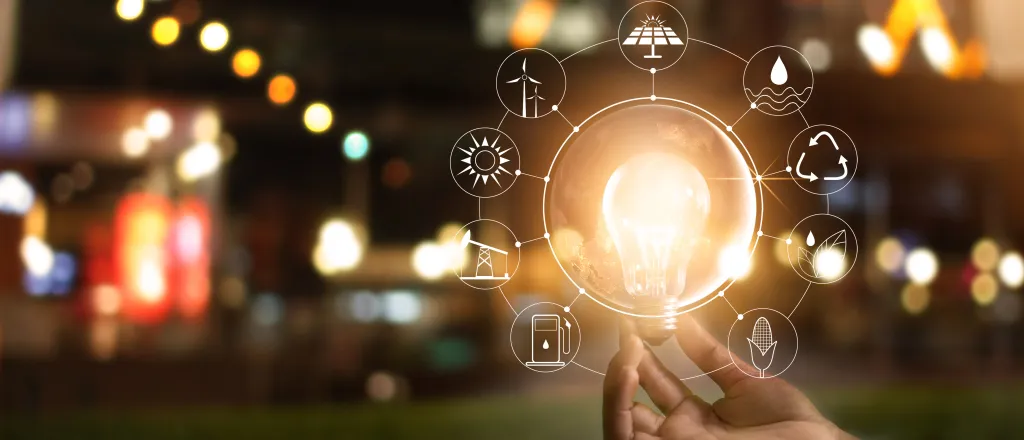
Arizona homeowner touts benefits of Solar Investment Tax Credit
© iStock
(Arizona News Connection) Arizona homeowners contemplating making the switch to solar energy could save substantially.
Those who install a solar system now through 2032 can receive a 30 percent tax credit that's been locked in through the Inflation Reduction Act. After that, the credit will decrease be a few percentage points a year.
Phoenix homeowner Will Humble, executive director of the Arizona Public Health Association, transitioned to solar energy this year. Humble said he and his wife decided to make the switch not only for the eventual cost savings but to also help fight climate change.
"If we're ever going to do something about climate change, it's going to not just take government's taking action but individuals have to take action, too - number one, to get us some relief on our long-term utility bills, but also to feel like we are doing our part," he said. "I'm not just talking the talk, but we're going to walk the walk now, too."
The U.S. Department of Energy has projected that the expanded Solar Investment Tax Credit will help many households unlock an additional savings of $9,000 on their electricity bills over the life of the system. Without the tax incentives, Humble said, he could have expected an 11-year return on investment. But between the tax credit and projected utility savings, that period has been cut to about seven years.
Before making the switch, Humble said, he received assistance through a co-op known as Solar United Neighbors. The group organizes 50 to 100 neighbors to "go solar" together. Co-op members are then able to leverage bulk-purchasing power to get discounted pricing.
Humble called Solar United Neighbors the "key ingredient" in their decision-making process, "so that we didn't have to go cold call some people and come out to the house, and then make a choice that way. We had a co-op of people who went in together to get a favorable price from the contractor."
Humble said his system is currently overproducing electricity, which is being sold back to their utility provider. He's considering purchasing a battery to store the extra energy.

















